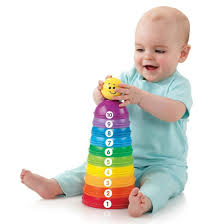A Singapore led study has shown that Hepatitis B Virus Infection (HBV) exposure increases the immune system maturation of infants, which may give a better survival advantage to counteract bacterial infection during early life. These findings radically modify the way that HBV vertical infection of neonates (mother-to-child) is portrayed, and present a paradigm shift in the approach to treatment of patients with chronic hepatitis B.
The research, published in Nature Communications on 25 March 2015, was led by Professor Antonio Bertoletti from the Emerging Infectious Diseases Program (EID) at Duke-NUS Graduate Medical School (Duke-NUS).
Currently widespread in Asia, HBV affects approximately 300 million people worldwide while 6 in 100 Singaporeans are chronic carriers. The majority of HBV chronic infections in Asia are acquired at birth. While there is a safe and effective vaccine available, 5% to 10% of babies born to HBV positive mothers still contract the infection. Conventionally, HBV is thought to exploit the immaturity of the neonatal immune system to establish persistent infection.
Current guidelines from international liver associations recommend treatment for HBV carriers only when they show clear signs of active liver disease, typically after the age of 30. This is based on the assumptions that HBV is considered harmless until symptoms of the disease emerge, and that young patients are immune-tolerant to HBV, meaning they have no protective response to the virus and are unable to react to treatment.

